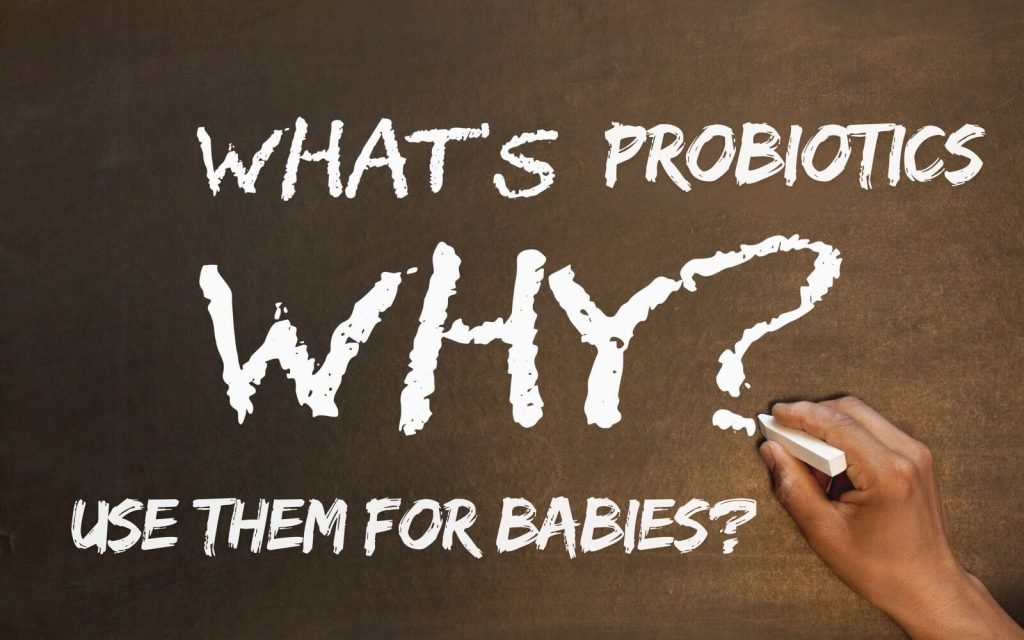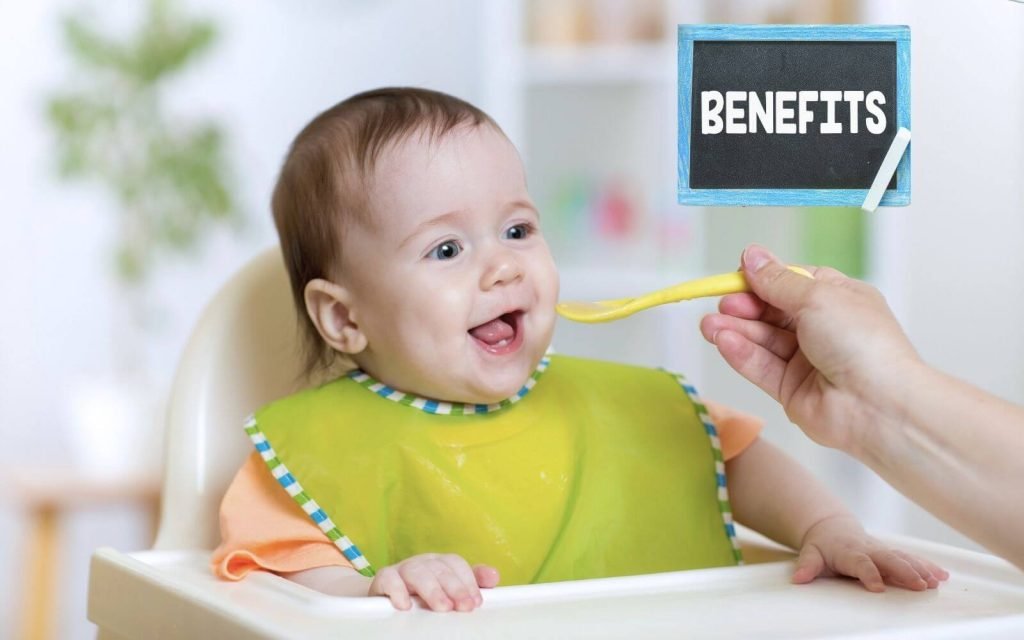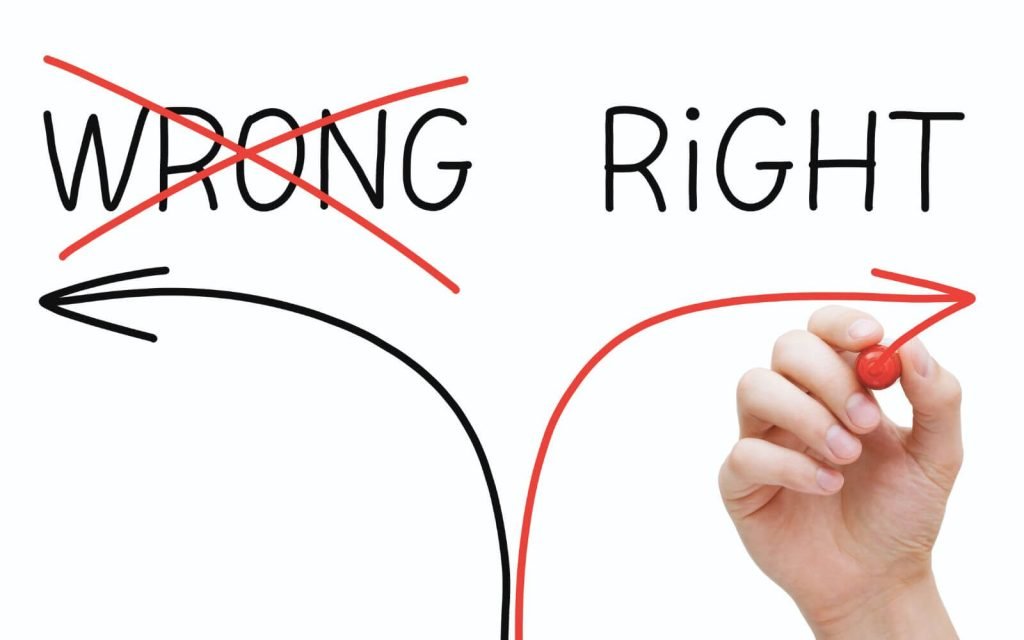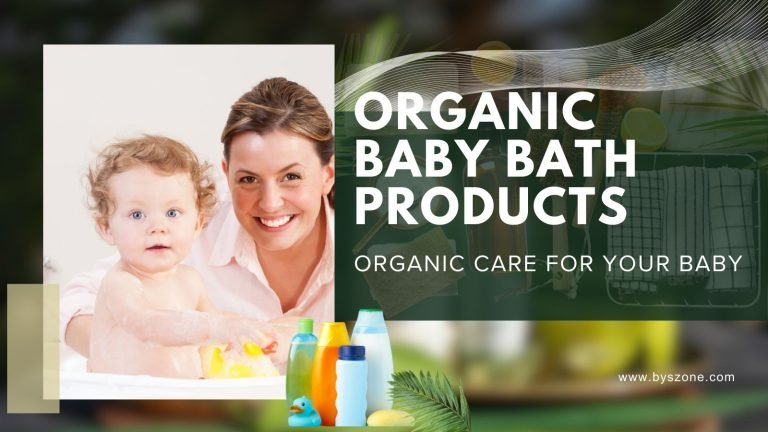Probiotics Side Effects in Babies: Positive Effects and What Every Parent Should Know

As a parent, you may be wondering if probiotics are a good option for your baby. Probiotics, commonly known as “good bacteria,” can help balance the digestive system. They’re often recommended for infants dealing with issues like colic, diarrhea, or digestive discomfort.
But what about the side effects of probiotics in infants? Before you decide to add probiotics to your baby’s diet, it’s important to understand both the benefits and potential risks.
Key Takeaways – Probiotics Side Effects in Babies
- Probiotics in infants may cause mild side effects like gas, bloating, or diarrhea.
- Infants and probiotics require special care, especially for babies with weak immune systems.
- Benefits of probiotics include relief from colic symptoms and improved digestion.
- Talk to your doctor before starting any probiotic supplement for your baby.
- Probiotics are not regulated by the FDA, so choosing high-quality products is essential.
What Are Probiotics and Why Use Them for Babies?

Probiotics are live microorganisms, often found in foods like yogurt or available as supplements, that support gut health. Babies are born with a sterile gut, but over time, they develop a good balance of bacteria in their digestive tract.
This process is important for their digestion, immune system, and overall health. Infant probiotics can help maintain a good balance of bacteria, especially after an illness or antibiotic treatment, which can disrupt their gut flora.
Infants given probiotics are often those dealing with digestive issues like colic, diarrhea, or constipation. Probiotics in infants may also help boost their immune system. However, while the benefits of probiotics are often highlighted, there are also potential downsides, especially when used in babies.
Potential Side Effects of Probiotics in Infants

1. Gas and Bloating
The introduction of probiotics can cause symptoms like constipation or pain due to changes in the digestive system. Babies may experience gas or bloating as their gut adjusts to the new bacteria.
- What you can do: Monitor your baby’s behavior. If they seem fussy after eating or have a bloated belly, it may be due to the probiotic. These symptoms usually disappear after a few days, but if they persist, consult your pediatrician.
2. Diarrhea
Although probiotics can help with digestion, in some cases, they can trigger diarrhea in babies, especially during the adjustment period.
- What you can do: Ensure your baby stays hydrated, especially if they experience diarrhea for more than 24 hours. If the problem continues, stop the probiotic and talk to your doctor about the next steps.
3. Allergic Reactions
Though rare, some babies may develop an allergic reaction to certain types of probiotics. Symptoms like rashes, swelling, or trouble breathing can indicate an allergy.
- What you can do: If you notice any allergic reaction, stop using the probiotic immediately and seek medical advice.
4. Increased Risk of Infection in Preterm Babies
Probiotics may not be suitable for all infants. Preterm babies or those with compromised immune systems might face an increased risk of infection because their bodies aren’t fully equipped to handle the introduction of live bacteria.
- What you can do: If your baby was born prematurely or has any medical condition, always consult your pediatrician before giving them probiotics.
5. Constipation
On the other hand, some babies experience symptoms like constipation when taking probiotics. This can happen if the particular strain of bacteria isn’t well-suited for your baby’s digestive system.
- What you can do: Monitor your baby’s bowel movements. If they seem to strain or have fewer dirty diapers than usual, talk to your pediatrician about whether to continue the probiotic.
Benefits of Probiotics for Babies

Despite these potential side effects, there are benefits to using probiotics in infants, especially for certain health issues. Probiotics can:
- Relieve symptoms and help with colic: Some studies on infants and probiotics suggest a reduction in colic symptoms with the use of probiotics, particularly Lactobacillus reuteri.
- Support digestion: Probiotics help balance the digestive system, reducing issues like diarrhea or constipation.
- Boost immunity: A healthy gut supports a strong immune system, which is especially important for babies as they develop.
Can Probiotics Help with Colic?
Parents of colicky babies often seek anything that might ease their child’s crying. Some studies link their use to a reduction in colic symptoms. Babies with colic have longer crying episodes, and research suggests that certain probiotics may reduce crying time.
However, keep in mind that probiotics in general are not a guaranteed solution for colic, and more research is needed. Mind that there is still a lack of conclusive research on how effective they are for every infant.
Choosing the Right Probiotic for Your Baby

If your doctor suggests probiotics, choosing the right one is essential. Not all probiotics are created equal, and some strains may be better suited for infants than others.
- Look for infant-specific probiotics: These are formulated to support a baby’s delicate digestive system.
- Drops of a probiotic supplement: Many parents find it easier to use probiotic drops, which can be mixed with breast milk, formula, or water.
- Be mindful of storage: Probiotics can become less viable over time if not stored properly. Some require refrigeration to stay effective, especially if mixed with breast milk or sterile water kept at a specific temperature.
- Quality matters: Since probiotics are not regulated by the FDA, it’s important to buy from reputable brands and consult your pediatrician about trusted options.
When to Avoid Probiotics for Babies

Some situations call for extra caution. If your baby falls under any of the following categories, talk to your doctor first before starting probiotics:
- Preterm babies with underdeveloped immune systems.
- Babies with medical conditions that weaken the immune system.
- Babies who are already taking multiple supplements or medications.
Your doctor can discuss the need for probiotics in your baby’s specific case and whether they recommend them or suggest another course of treatment.
Summary
Infants and probiotics can be a beneficial combination, helping with issues like colic, diarrhea, and digestive discomfort. While probiotics can help, they also come with potential side effects like gas, bloating, or diarrhea, especially in the early stages. Additionally, probiotics in infants may pose a risk to those with weakened immune systems or preterm babies. Always talk to your doctor before introducing probiotics, and choose high-quality, infant-specific products to ensure safety.
Frequently Asked Questions
1. Can Probiotics Help with Colic in Babies?
Yes, probiotics use has been linked to a reduction in colic symptoms, particularly with Lactobacillus reuteri. However, results may vary, and more research is needed.
2. What Are the Best Probiotics for Babies?
Infant probiotics like Lactobacillus reuteri or Bifidobacterium strains are often recommended. Always consult your pediatrician before starting any type of supplement.
3. Can Probiotics Cause Diarrhea in Babies?
Yes, probiotics in infants can sometimes cause diarrhea as their digestive system adjusts. If this happens, ensure your baby stays hydrated and consult your doctor.
4. Are Probiotics Safe for All Babies?
No, some babies, especially preterm babies or those with immune system issues, may not be suitable for probiotics. Always consult your pediatrician before use.
5. How Long Should My Baby Take Probiotics?
The duration depends on your baby’s specific needs. Your doctor can discuss the need and suggest the best course of action, including how long to continue the supplement.





